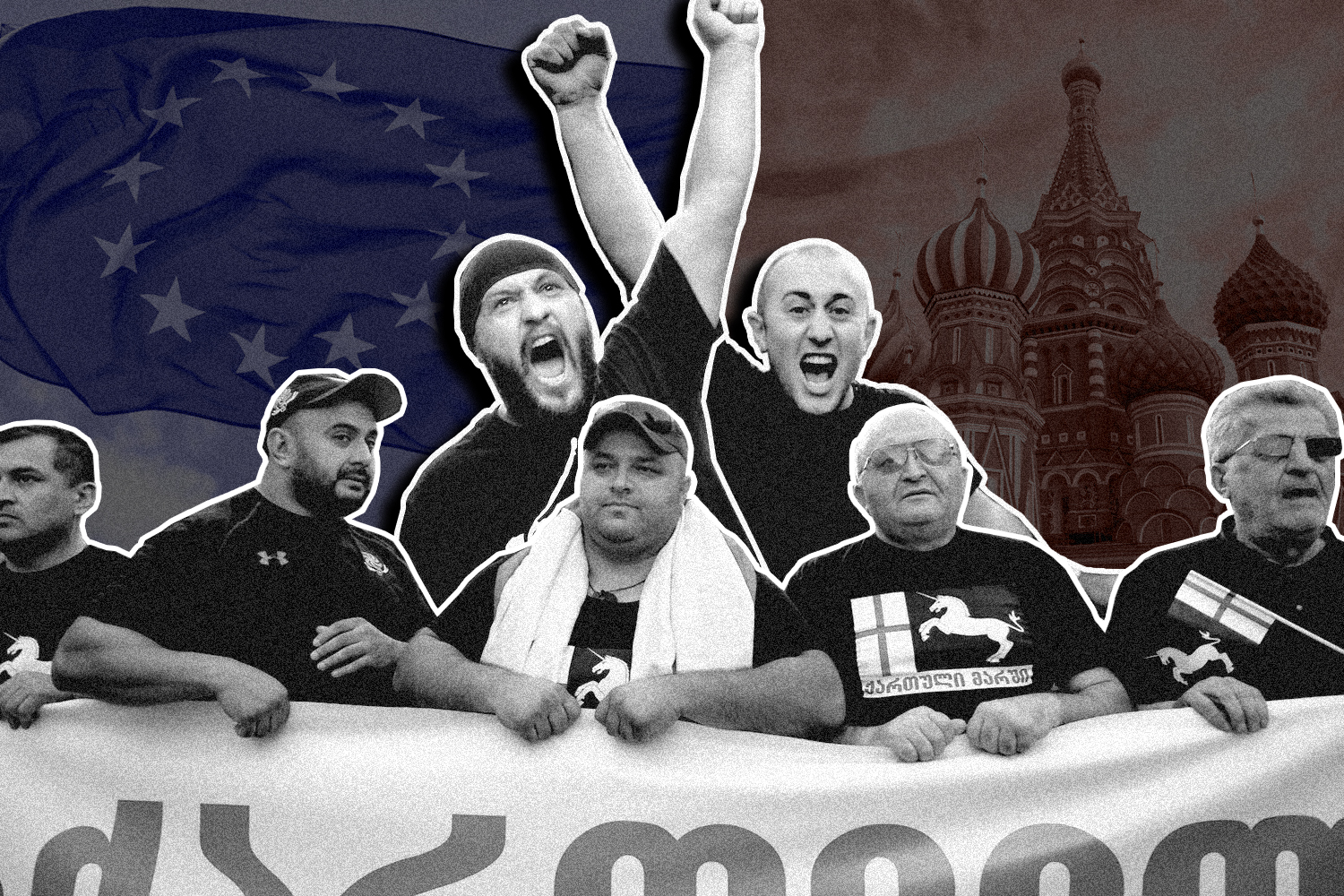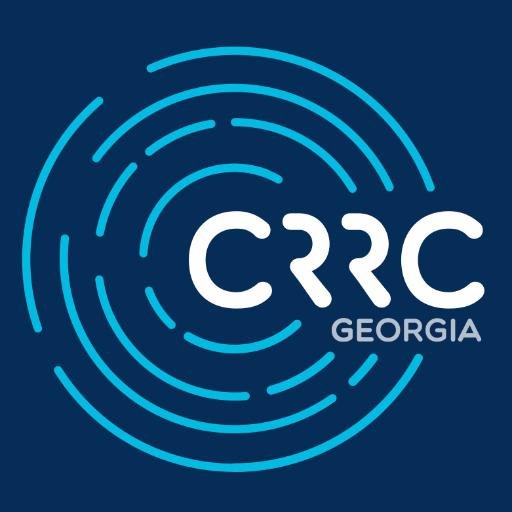

 A USAID-funded study by CRRC-Georgia released on Monday shows that the far right in Georgia is engaged in activities similar to their Russian-supported counterparts in the European Union but speak more negatively about Russia than the West. Whether witting or unwitting, the implications are far-reaching for Georgia.
A USAID-funded study by CRRC-Georgia released on Monday shows that the far right in Georgia is engaged in activities similar to their Russian-supported counterparts in the European Union but speak more negatively about Russia than the West. Whether witting or unwitting, the implications are far-reaching for Georgia.
Since the mid-2000s, numerous media and academic sources have alleged that Russia is weaponising far right and anti-liberal politics worldwide. This can be seen in Russian support for organised far-right groups within the EU, which in turn are used to attempt to influence domestic and regional politics.
Russian political elites have further used the anti-liberal far right through the promotion of what has been called the ‘Russian model’ of authoritarian rule.
A crucial component of the model promotes Russia’s image as a protector of ‘traditional values’, including pro-religious and socially conservative views. Taken collectively, these far-right groups’ efforts can be understood as aimed at manipulating European public opinion through engendering anti-liberal sentiment within the EU.
To understand potential sources of Russian propaganda in Georgia and the far right more broadly, CRRC-Georgia’s study analysed more than 26,000 posts from approximately 70 far-right Georgian-language Facebook pages.
The data suggest a growing appetite among Georgians for radical right-wing ideas. Between late 2015 to mid-2018, page likes for far-right pages increased eight-fold, from 89,000 to 760,000. Although there is clearly increased engagement on social media, this likely also reflects increased internet penetration in Georgia, with new internet users with previously far-right ideas finding far-right Facebook groups.
Besides purely nationalist sentiments, these groups are apt to criticise the liberal world order from a right-wing perspective, thus resonating with what Russia has endorsed. Some pages also reflect specific Russian talking points.
An illustrative example of right-wing, Georgian-language Facebook pages amplifying pro-Russian narratives can be seen in online opinions toward the US-funded Richard Lugar Centre for Public Health Research in Tbilisi. Since its opening in 2013, Russian politicians have been especially anxious about the establishment of the centre and frequently claim it is a test site for biological weapons. Following the loss of 15 lives to a flu outbreak in Georgia in early 2019, several right-wing pages shared posts accusing the laboratory of causing the outbreak.
[Read on OC Media: Russia warns of ‘military measures’ over US-funded lab in Georgia]
While the number of social media posts talking about the lab in relation to the flu outbreak was small (18), their messages reached a wide audience: these 18 posts earned 754 likes from visitors and were commented on 538 times. Social media posts in which right-wing groups discussed the Lugar Laboratory were shared 1,639 times.
As previous analysis has highlighted, Georgia’s far right is a heterogeneous crowd, and labelling them uniformly pro-Russian is misleading. In fact, the analysis of 26,000 social media posts shows that Georgia’s far-right speaks more negatively about Russia than the West on the whole. A sentiment analysis, a machine learning technique, scored conversations about Russia as net negative compared with almost neutral for the West.
Still, some pages which have pro-Russian slants also boast large followings. For instance, before being blocked by Facebook, Georgian Idea had about 40,000 ‘likes’. Another nationalist group, Georgian March, had 16,000 likes and over 17,000 followers. On the whole, both groups speak more positively than negatively about Russia.
The analysis also suggests that pro-Russian pages actively engage with their audiences. Content created by the pro-Russian Georgian Idea garnered about 25,483 comments and 180,026 likes, while pro-Russian Georgian March attracted 32,761 comments from users. Importantly, other nationalist pages were less successful in engaging their audiences.
In contrast to the above pages, a large majority of far-right groups were not explicitly pro-Russian. Rather, the content of their messages was critical of both Russia and the West. The latter is usually criticised for pushing Georgia to accept a ‘liberal political agenda’. In contrast, Russia is portrayed as an enemy responsible for Georgia’s territorial conflicts.
While there is little besides circumstantial evidence that (parts of) Georgia’s far right is funded by Moscow, the data show that they do propagate messages that resonate with the Russian government’s vision of the world.
Despite sharing a similar vision, most far-right pages attack Russia with more vigour than the EU. While it is unclear whether some of these groups are backed by Russia, it is clear is that they at least amplify if not plant pro-Russian sentiments among the Georgian public.
David Sichinava is the Research Director at CRRC-Georgia. The views expressed in this article represent the views of the author alone. The article was written within the auspices of the Russian Propaganda Barometer Project funded through the East-West Management Institute’s ACCESS program.








